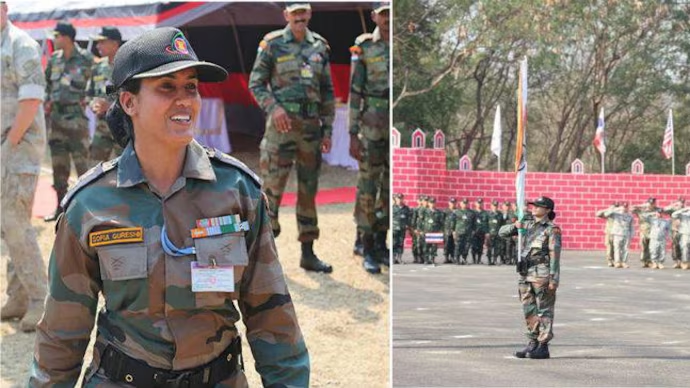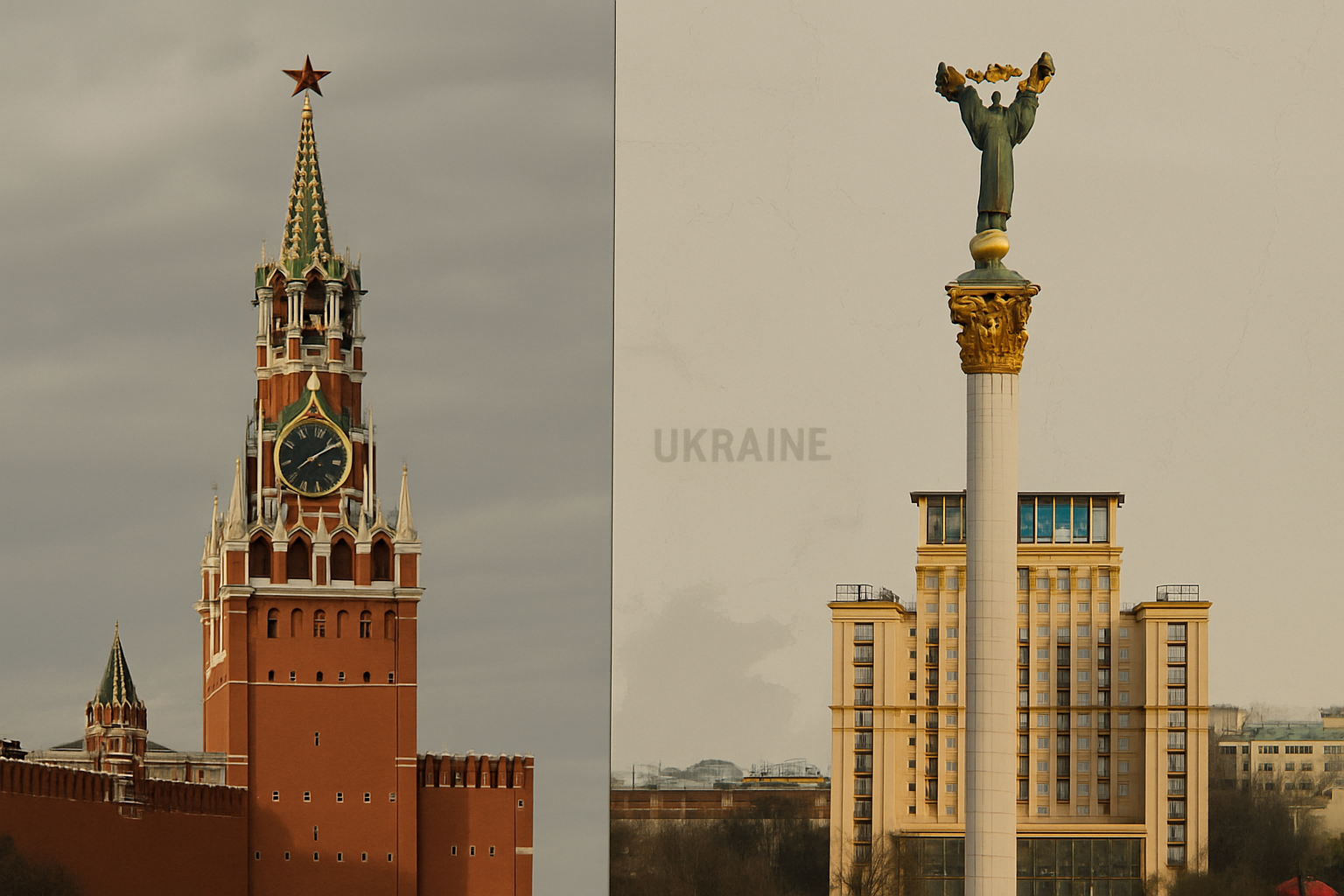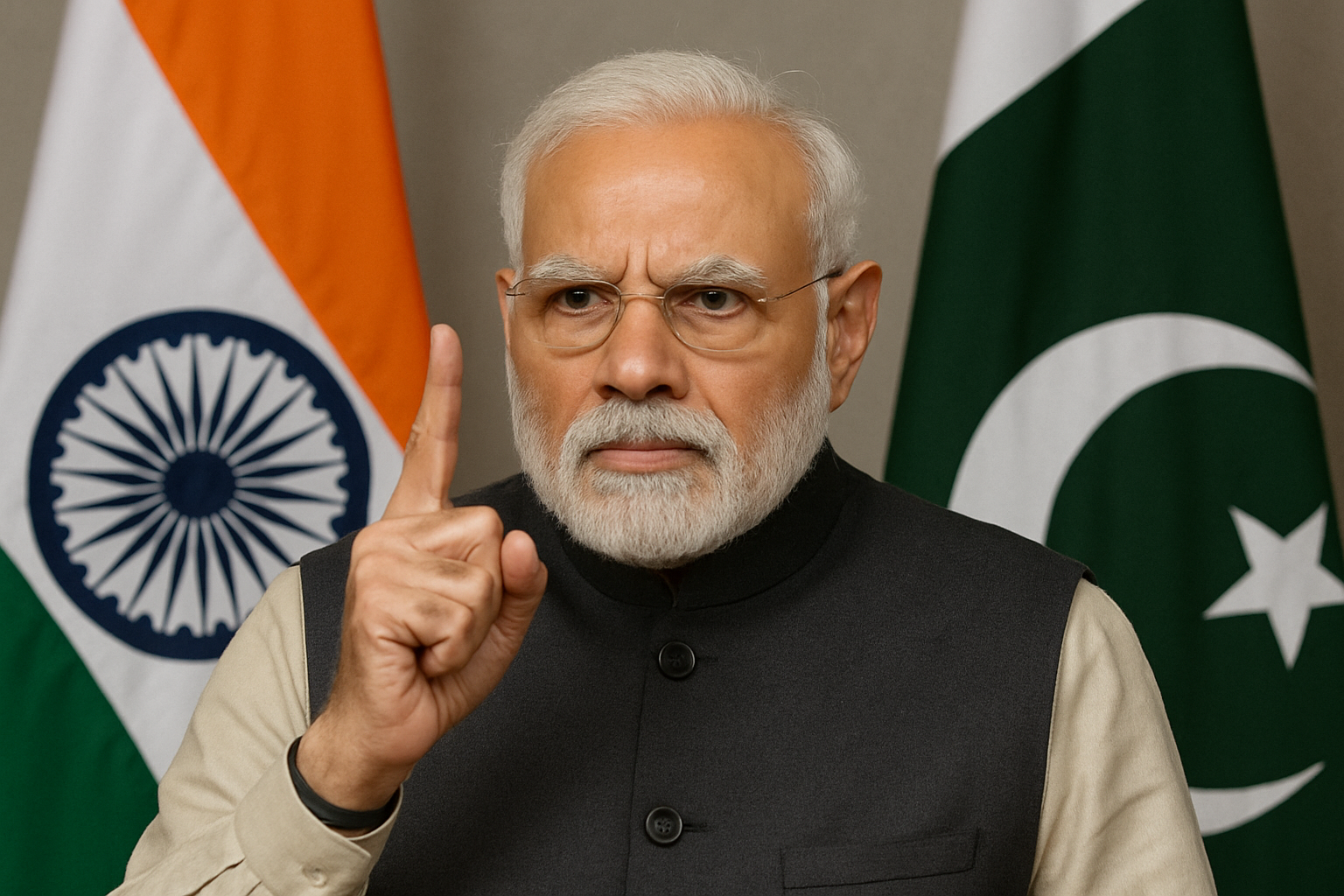In the chronicles of India’s contemporary military history, Colonel Sofia Qureshi has become a name that speaks for precision, intelligence, and resolute leadership. Being the mastermind behind Operation Sindoor, one of India’s most risk-high counter-terror operations in recent years, Colonel Qureshi has cemented her place in the country’s national security saga as an unparalleled symbol of poise and professionalism.
Operation Sindoor, which resulted in the killing of 14 high-value targets linked to Jaish-e-Mohammed (JeM)—10 family members and 4 aides of its leader, Masood Azhar—was celebrated as a landmark achievement. But behind the news, it was Colonel Kureshi’s careful planning, coordination of intelligence, and on-the-spot strategic choices that determined the operation’s success.
A Rising Star in Military Intelligence
Colonel Qureshi, an Indian Army Military Intelligence officer, has consistently moved up the ranks based on her analytical genius and combat experience. Trained at the Indian Military Academy and in high-level counter-terror tactics, she soon left her imprint in Kashmir operations and joint-intelligence arrangements with national organizations such as RAW and the NTRO.
What sets her apart, says colleagues, is not only operational understanding, but the capacity to take huge data points and turn them into strategy. “She’s a person who sees trends that others don’t,” says a senior officer who knows her work. “That’s precisely what Operation Sindoor required.”
Masterminding Operation Sindoor
The origins of Operation Sindoor were in months of quiet observation, profound penetration of intelligence, and cooperation among India’s various defense and intelligence agencies. Colonel Qureshi commanded a task group that monitored activities, communications, and safe-house arrangements associated with Masood Azhar’s immediate family and attendants working from deep inside Pakistan-occupied territory.
It was on her orders that satellite imagery, human intelligence (HUMINT), and cyber signals were integrated to identify the targets. Operating from a secure coordination facility in Northern Command, Qureshi prepared a meticulous operational plan that emphasized accuracy and minimal collateral damage—an approach that ultimately gained both strategic and diplomatic acceptance.
Her planning went beyond the strike itself. Colonel Qureshi had anticipated Pakistani response patterns, included contingency logistics, and even prepared diplomatic channels to be briefed after the strike. The mission was perfectly timed, carried out with smooth inter-agency coordination, and ended with a clean sweep of all major targets.
Breaking Barriers, Setting Standards
In an institution often challenged on gender parity, Colonel Sofia Qureshi represents a breakthrough. As one of the few women to lead such a high-stakes, cross-border military intelligence operation, her success stands as both an inspiration and a reminder of the evolving dynamics in India’s armed forces.
“Her quiet command, never raised but always leading,” says a fellow officer involved in the operation. “Her gender was never an issue discussed in the ops room—her plan was.
Colonel Qureshi has always been a supporter of increased integration of women into core combat and intelligence functions. Although she is not one to seek the limelight, her achievement has generated a tidal wave of admiration among defense circles, media, and young aspirants to the military.
National Recognition and Future Role
Though there is no official word on it as yet, defence sources have confirmed that Colonel Qureshi is on the radar for a gallantry award or commendation for her role in Operation Sindoor. Aside from awards, her effort is already being examined as a case study at military schools and strategic institutes.
As India readjusts its strategy towards asymmetric conflicts and cross-border terrorism, officers such as Colonel Sofia Qureshi represent the new face of the military—intellectually acutely perceptive, operationally bold, and strategically visionary.
Conclusion
Colonel Sofia Qureshi’s leadership in Operation Sindoor not only dealt a serious blow to one of India’s most dangerous terror outfits but also showcased the power of smart, inclusive military leadership. Her role reaffirms the belief that in modern warfare, intelligence, precision, and strategic clarity can be as lethal as firepower—and that the future of India’s defense is in exceptionally capable hands.






